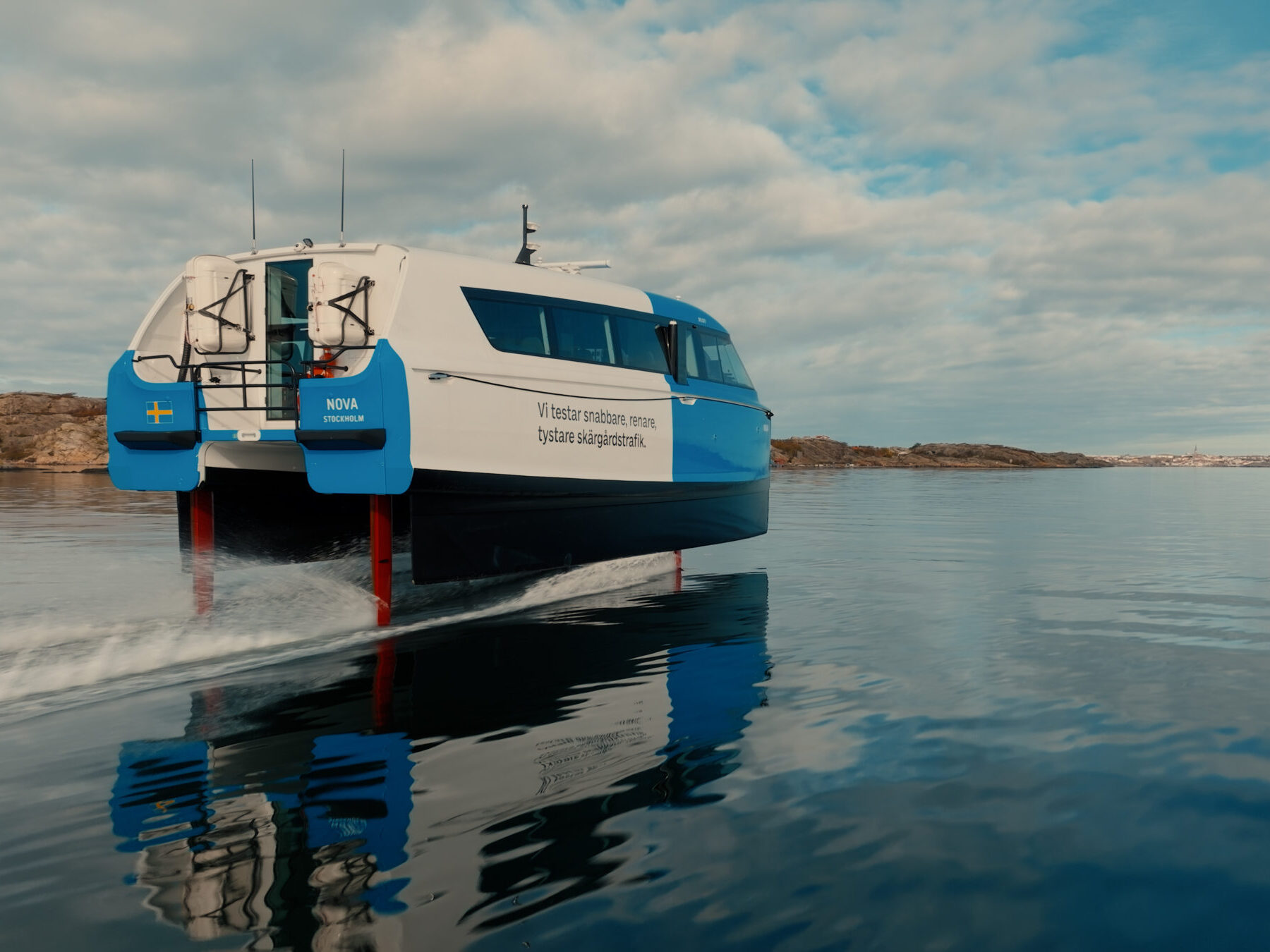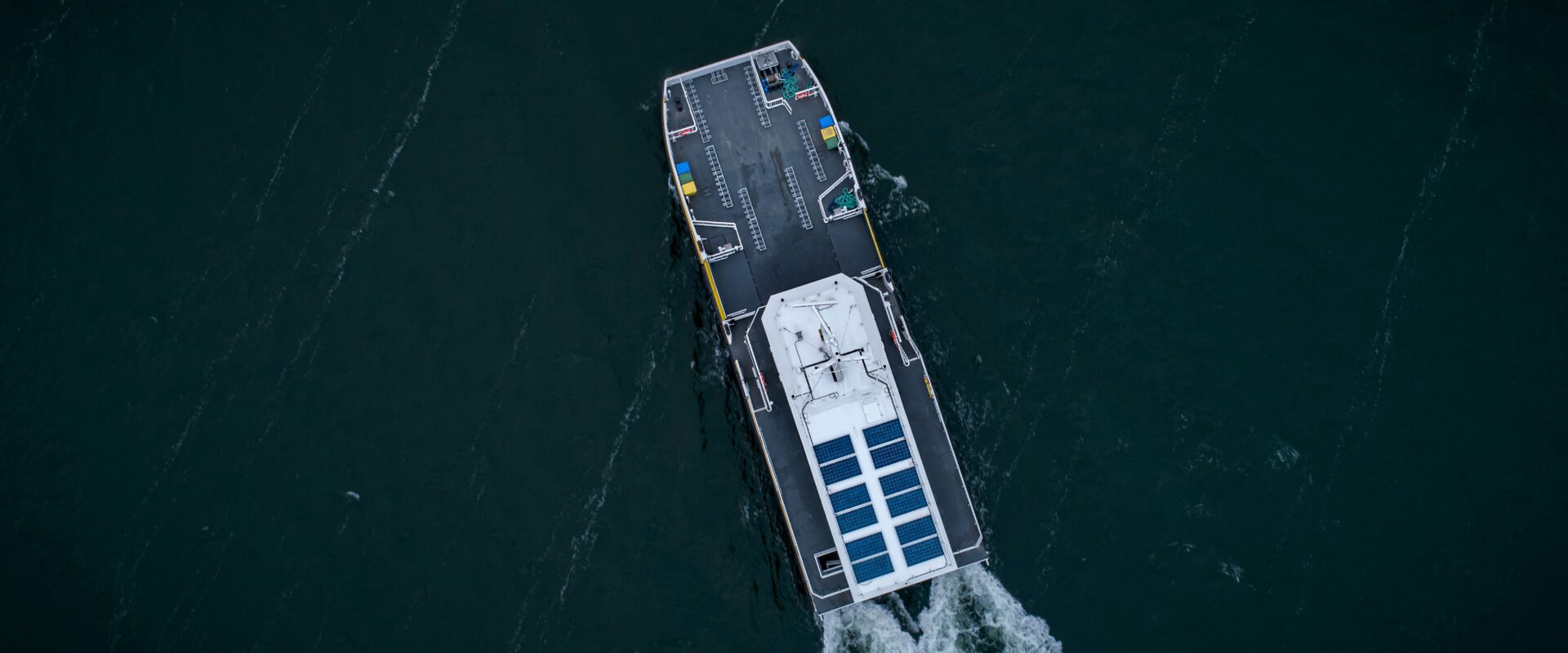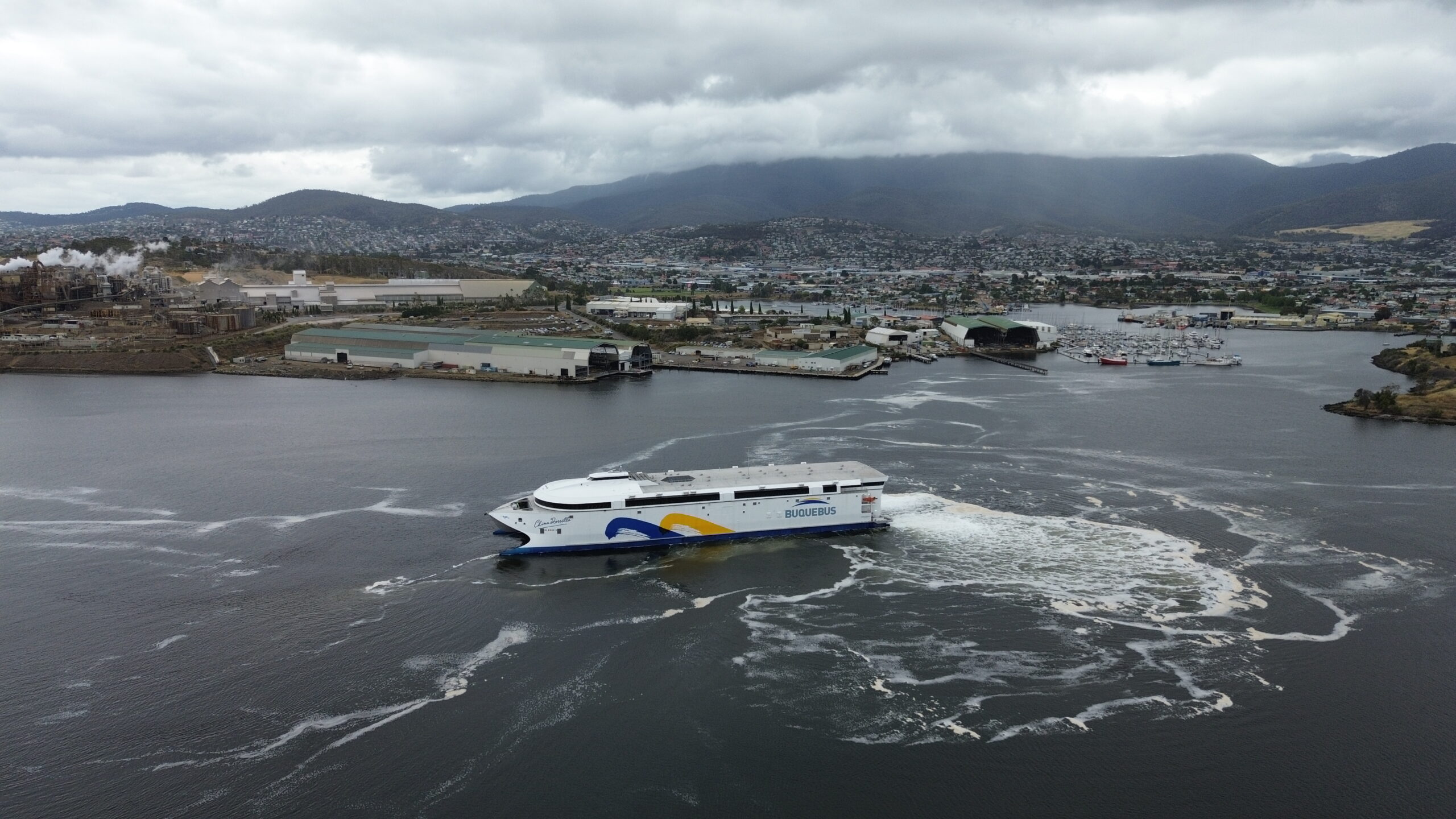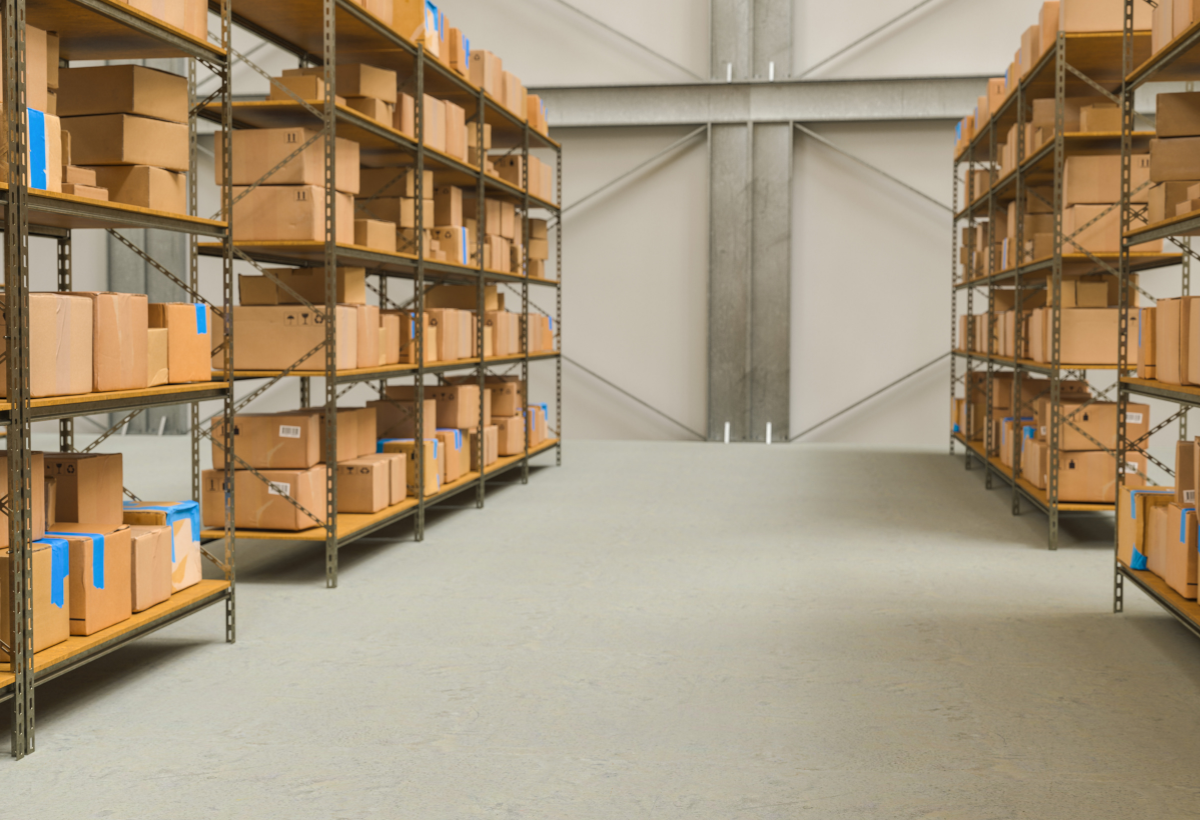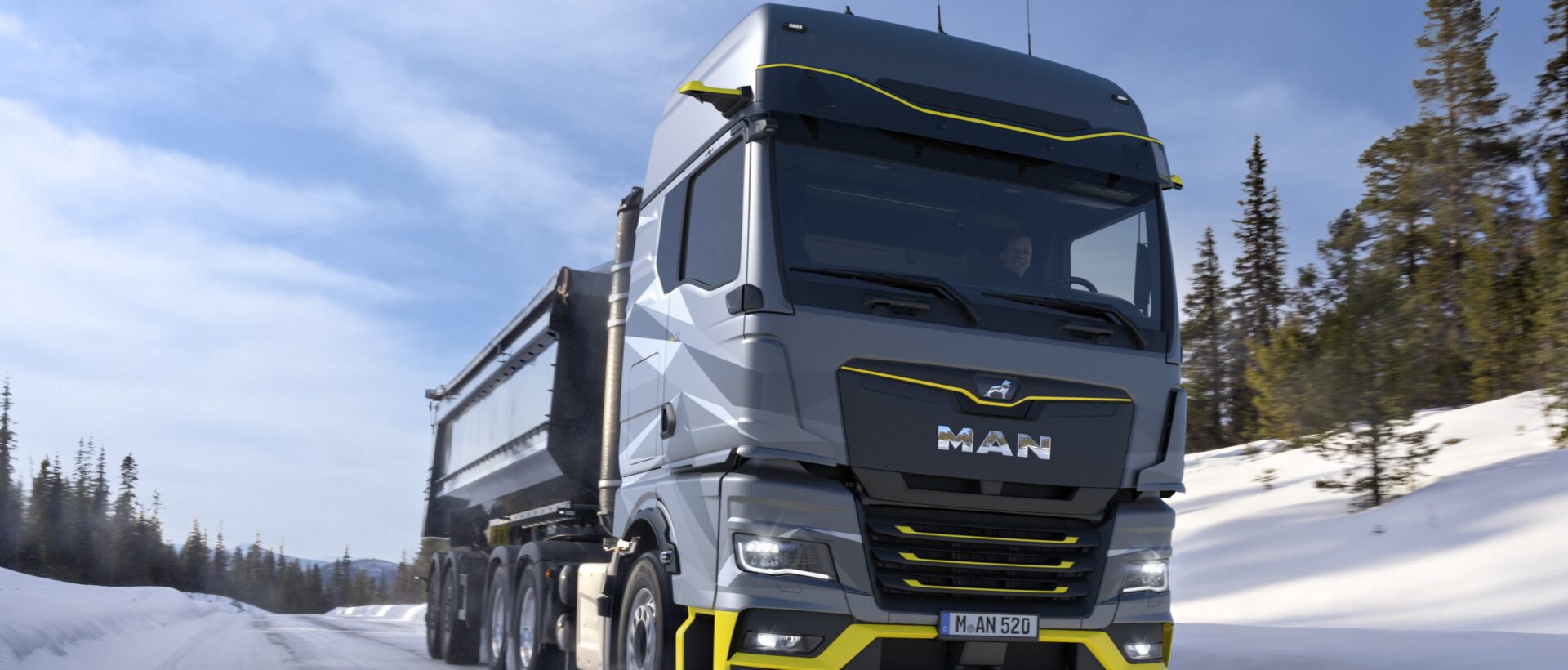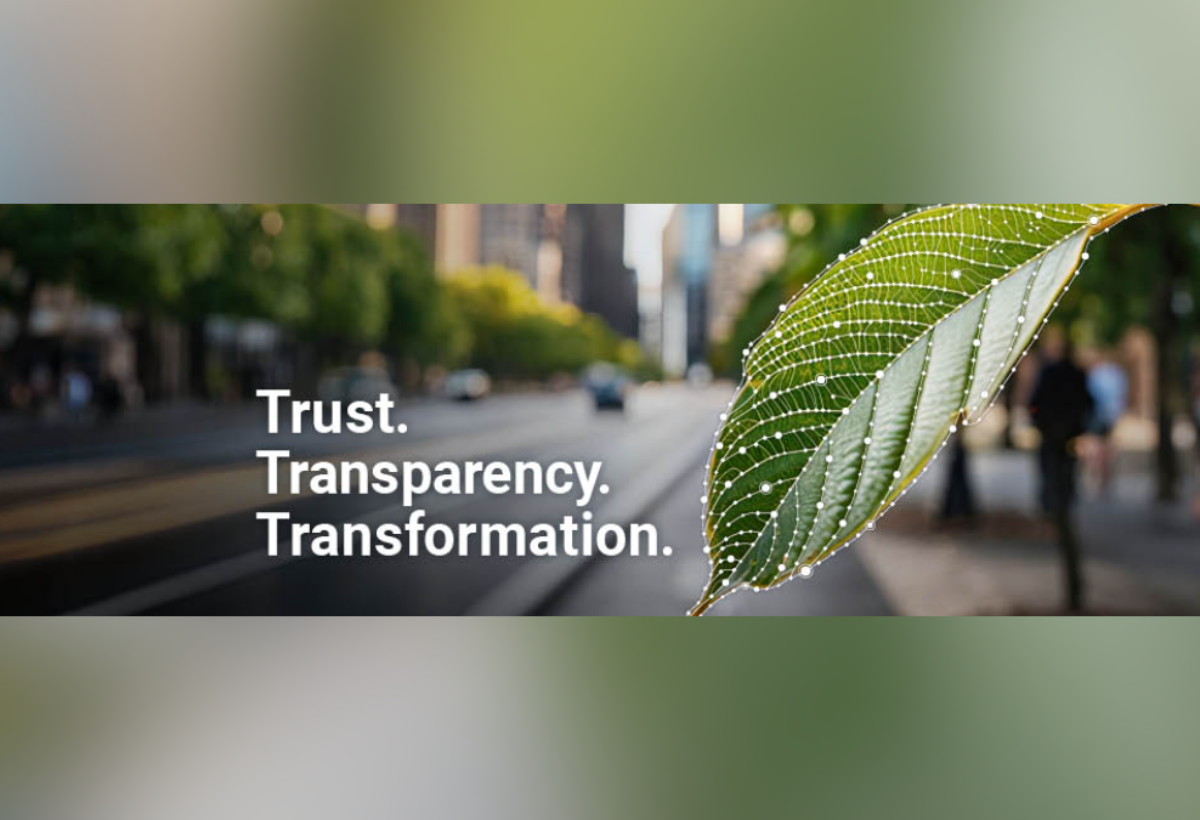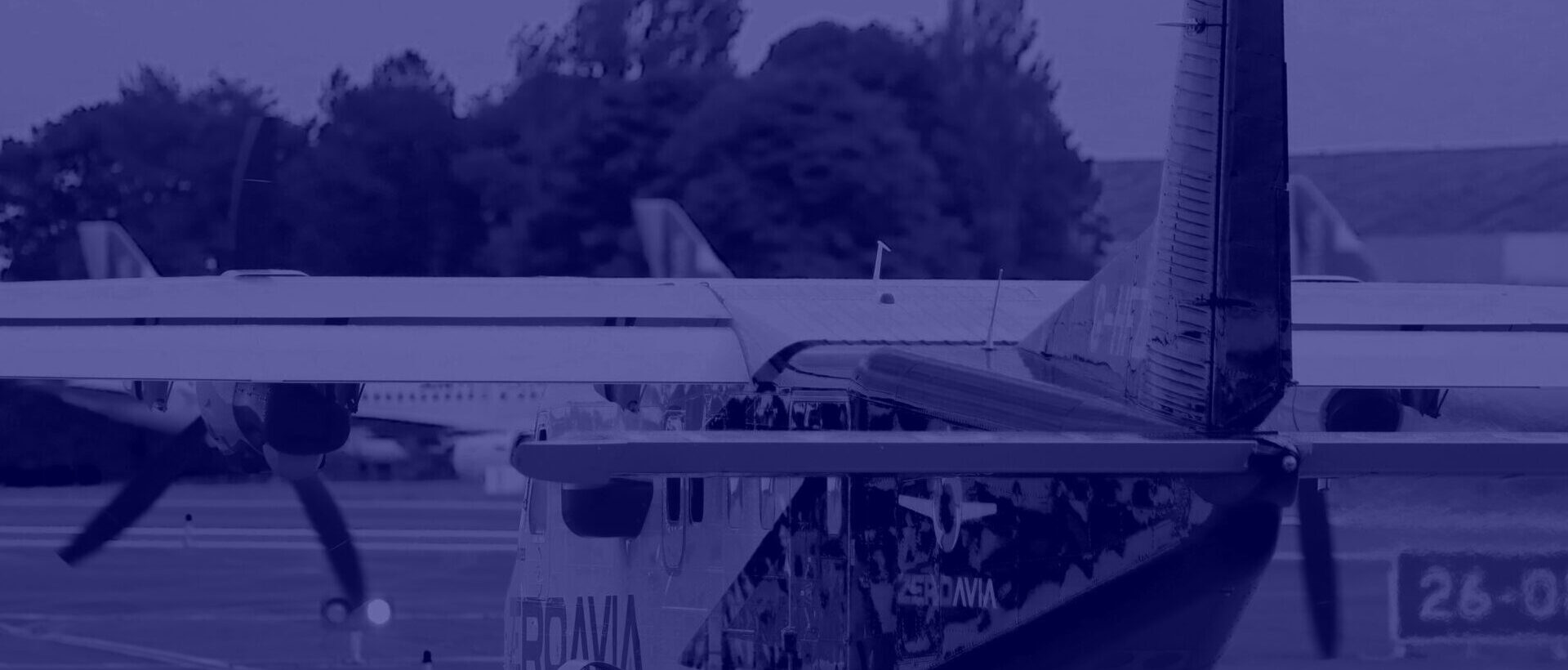H2 Energy and DFDS have published a new survey analysing the feasibility of using hydrogen as an alternative fuel for sea and road transportation.
Supported by the Danish Maritime Fund; the study was produced over the last year and focused on the potential of retrofitting large ferries with a hydrogen propulsion system.

Rolf Huber, Founder of H2 Energy, said:Hydrogen holds great potential for the decarbonisation of the logistics sector, both at sea and on land. Our new study is only one part of a larger puzzle that involves both energy providers, ports, government authorities and end users such as shipping companies and so on. This project adds further knowledge about hydrogen and its potential for decarbonisation.
It is a great starting point for the further development of hydrogen ecosystems to enable large scale application of hydrogen fuel in the future.
The study was carried out using the DFDS cargo (RoRo) vessel, Magnolia Seaways, with the Esbjerg-Immingham-Esbjerg route serving as the main point for analysis. Work included the sourcing of green hydrogen from H2 Energy’s production premises in Esbjerg, on-shore supply and logistics, the application of a hydrogen-fuelled powertrain and extensive safety measures.
Additional aid was also provided by Lloyds Register, which contributed the use of its LR Maritime Decarbonisation Hub to carry out a safety risk assessment, ultimately issuing an ‘Approval in Principle’ (AiP) for the concept and design of the hydrogen systems.
Following the project’s conclusion, it was concluded that the retrofitting of Magnolia Seaways with a hydrogen-fuelled propulsion system is technically feasible, as well as maintaining financial viability under a set of basic overall assumptions.
DFDS recently launched its ‘Vessels of Tomorrow’ programme, which aims to see two methanol, two electric and two ammonia vessels added to the company’s fleet over the course of the next six years.
Mads Bentzen Billesø, Head of Innovation and Partnerships from DFDS, said:We are following several pathways to pursue our net zero targets. Hydrogen shows promise, and it is one of the fuels we are analysing as a potential fuel source in the future, both on land and at sea. We are collaborating closely with partners, suppliers and other stakeholders to address and solve known challenges associated with using zero-emission fuels.
We need to build knowledge about the different options to make smart decisions, and it is important that we share this knowledge. And I want to extend my thanks to the Danish Maritime Fund for their important contribution to this project which I am sure will benefit the entire industry.
The report can be read in full here.



